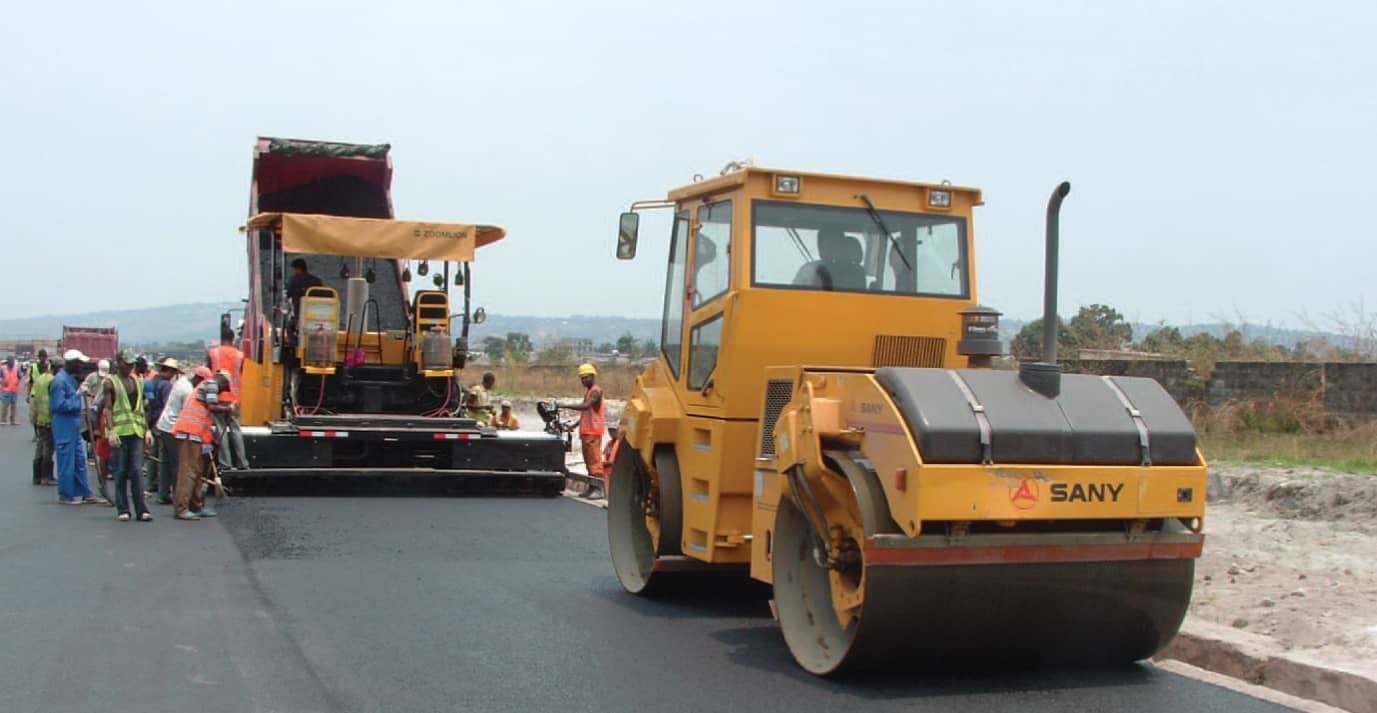The Federal Government has confirmed an investment of ₦1.5 trillion for the development of nine major highway projects spanning over 900 kilometres. These projects will be executed through 25-year public-private concession agreements under the Highway Development and Management Initiative (HDMI).
This announcement followed a high-level meeting chaired by the Minister of Finance and Coordinating Minister of the Economy, Mr Wale Edun, alongside the Minister of Budget and Economic Planning, Senator Abubakar Atiku Bagudu.
According to a statement released via the Ministry of Finance’s official X account, the meeting convened key concessionaires responsible for the management of the projects.
“The Honourable Minister of Finance and Coordinating Minister of the Economy, Mr. Wale Edun, today chaired a high-level meeting with partners under the Highway Development and Management Initiative (HDMI), reinforcing the Federal Government’s commitment to unlocking infrastructure investment through long-term private concessions.
“The session, jointly held with the Honourable Minister of Budget and Economic Planning, Senator Abubakar Atiku Bagudu, convened concessionaires managing nine highway projects covering over 900km, with a combined value of N1.5 trillion and expected to be delivered under 25-year concession agreements,” the statement read in part.
The ministers noted that the initiative is aligned with the administration’s strategic objective to utilise private sector-led infrastructure as a catalyst for inclusive economic growth, job creation, and bridging Nigeria’s funding gaps.
Minister Edun highlighted that Nigeria’s return to macroeconomic stability—with GDP growth reaching 3.4% in 2024—must now be complemented by accelerated and inclusive development driven by private investment.
“We have stabilised the economy. Now we must grow faster, broader, and inclusively. Private-led infrastructure delivery is central to that mission,” Edun stated.

He cited the Benin–Asaba highway concession as a successful proof of concept, having already attracted both institutional and international investor interest. He also conveyed the Minister of Works’ directive mandating that concessionaires must provide proof of funds to ensure timely project mobilisation.
Senator Bagudu underlined the government’s shift towards toll-based highway development, allowing investors to recoup capital through user fees while reducing the financial burden on the public treasury. He described the programme as a key component of the Renewed Hope Agenda, which prioritises fiscal discipline, strategic investment, and collaboration with the private sector.
The HDMI model aims to modernise the nation’s highway infrastructure by aligning private capital with long-term national development objectives.
With more than 900 kilometres of federal roads targeted and ₦1.5 trillion in projected investment, the initiative stands as one of Nigeria’s most ambitious highway concession efforts in recent memory.
The Federal Government has long acknowledged the limitations of maintaining the country’s 35,000-kilometre federal road network through annual budget allocations alone.
In February, the Minister of State for Works, Muhammad Bello Goronyo, noted that prolonged neglect, inflationary pressures, and security concerns have worsened the country’s infrastructure deficit—highlighting the need for alternative funding mechanisms.
The fully private-financed approach adopted for the Benin–Asaba Superhighway represents a significant step towards addressing this challenge. By attracting private capital, the project reduces reliance on federal budgets while advancing essential infrastructure upgrades.
It is anticipated that such roads, including the Benin–Asaba Superhighway, will be tolled upon completion, generating revenue to recover construction costs and ensure long-term sustainability.

